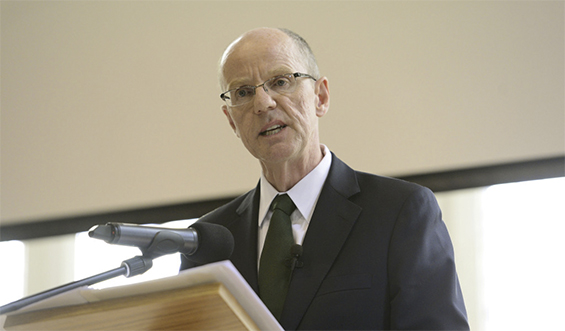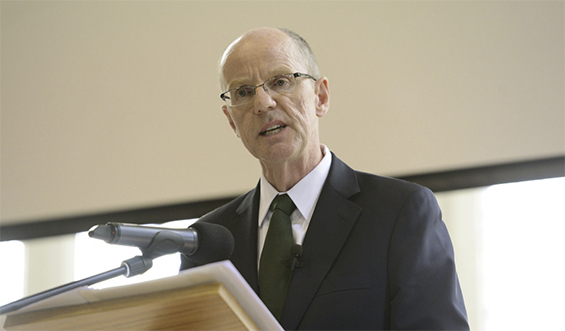
The UK and China, which already have tight educational connections, are planning on expanding their partnership with programs designed to increase exchange between the nations.
Many Chinese students who want to study abroad go to the UK. China’s Minister of Education Yuan Guiren says that both countries have initiated programs to enhance their higher education collaboration.
In each of the past few years, China has increased the number of full scholarships. In 2014, 64,000 Chinese students studied in the UK.
According to Richard Macauley of Quartz, even young children are going to the UK from China for schooling and make up 14% of the country’s total population of international students.
Programs will be encouraging students to travel from the UK to China, too. The government invited 200 British students to study in China at no cost. The British government will be sending 80,000 students to study in China in the coming years, according to CCTV.com.
Statistics show that Chinese universities are growing in quality, meaning that British students who want to study there will not be missing out on opportunity. Four of the nation’s universities were included in the Times Higher Education top 100 rankings, writes Alice Gast.
Earlier this year, the government tried teaching math in English schools with traditional Chinese teaching methods. According to Schools Minister Nick Gibb, this was extremely successful, with students who historically scored poorly in math doing particularly well. Now, groups of school teachers have traveled to Shanghai to study Chinese teaching techniques, and 30 Chinese teachers were transported to the UK to work with students and educators. Gibbs said:
When that’s brought to England and the approach has been tried in English schools, it’s been hugely successful. Teachers have been pleasantly surprised by how much some of the less-able children are achieving in maths as a consequence of this approach.
Gibbs described one Chinese teacher in a Harris academy, who spent an entire lesson describing how to multiply two double-digit figures ending in zero. He said:
I walked around the classroom and all the children were understanding what was happening and could perform the calculation.
The program’s focus on math was inspired by China’s notoriously successful math achievement. They consistently score the highest in the PISA exam, the Programme for International Student Assessment test administered by OECD. In 2012, Shanghai ranked first in math, reading, and science, ahead of both Singapore and Hong Kong, according to Xie Qiao of CRIEnglish.
However, not everyone’s assessment of the program is as optimistic as Gibb’s. The three-part documentary Are Our Kids Tough Enough? showed that Chinese teachers struggled to discipline and control Western students, and the UK teachers disagreed with their methods. Over the course of four weeks, five Chinese teachers took charge of 50 students at a comprehensive school in Hampshire. The experience was very different from what the students were used to: the teenagers wore uniforms, attended from 7am to 7pm, had two meal breaks, and had the responsibility of cleaning their own classrooms. Lessons involved repetition, note-taking, and some group exercises. After the month was over, the students scored 10% higher in math and science than their peers.
Research so far has shown that Chinese teaching methods bring about a small improvement in performance, but experts say that there isn’t enough data and the methods need to be tested with a larger base.




